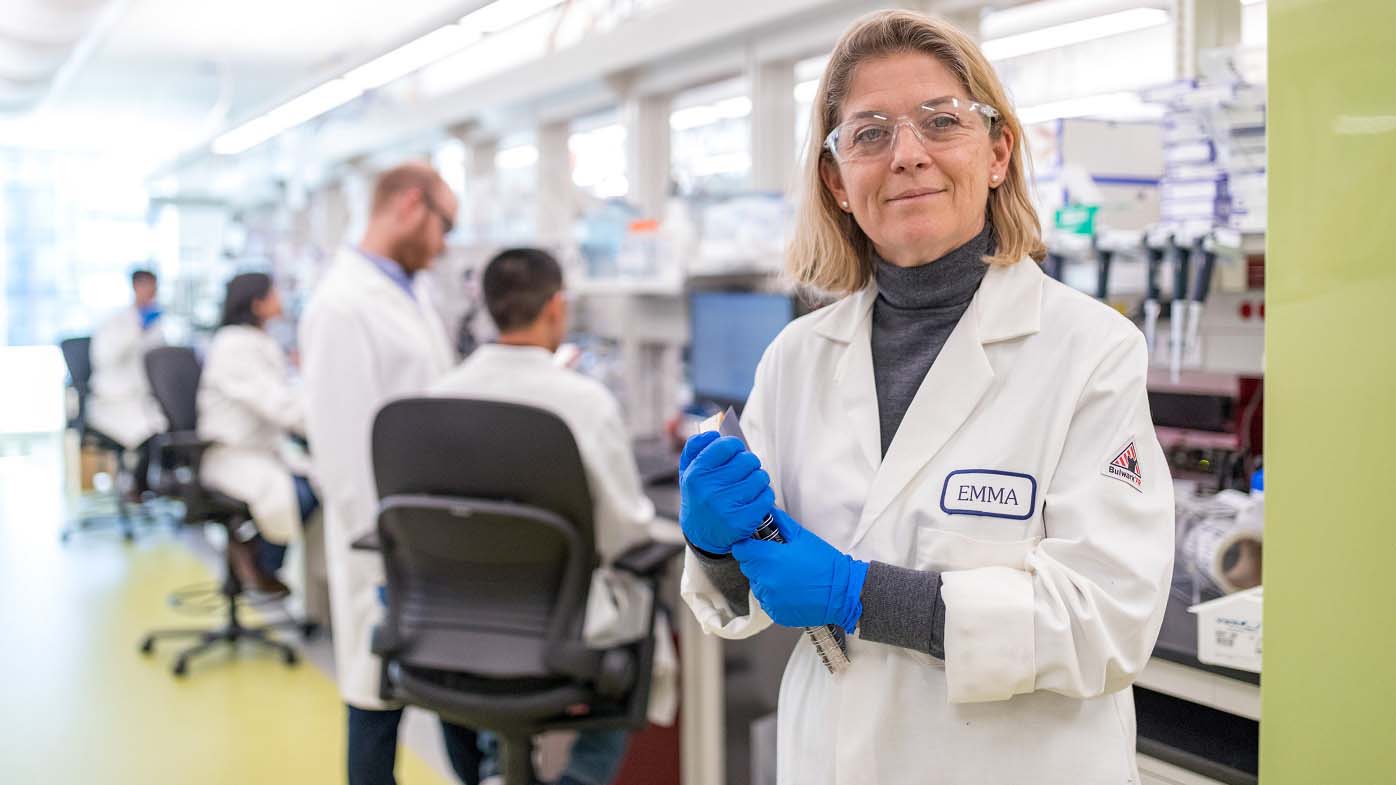R&D expert voices
Learn more about the backgrounds, scientific pursuits and personal interests of members of our R&D team. These individuals are committed to pursuing Bristol Myers Squibb’s goal of discovering, developing and delivering transformational medicines to patients.
Scientific Director of Transgenic Discovery, Discovery Biotherapeutics Bristol Myers Squibb
Vice President, Head of Oncology Discovery
Head of Immunology Clinical Development
Senior Director, Translational Research, Cancer Immunology and Cell Therapy Thematic Research Center
Director, Scientific Operations and Strategy Immuno-Oncology and Cell Therapy Thematic Research Center
Associate Director of Strategy and Business Development for Cardiovascular and Neuroscience
Senior Vice President, Neuroscience Thematic Research Center
Executive Director, Early Clinical Development
Brisbane, CA
Head, Mechanisms of Cancer Resistance Thematic Research Center
Countrywide Medical Director, Germany, Global Medical
Executive Director, Immuno-Oncology and Cellular Therapy Translational Development
Vice President, Head of Early Clinical Development for Hematology, Oncology and Cell Therapy
Senior Principal Scientist, Protein Homeostasis Structural Biology












